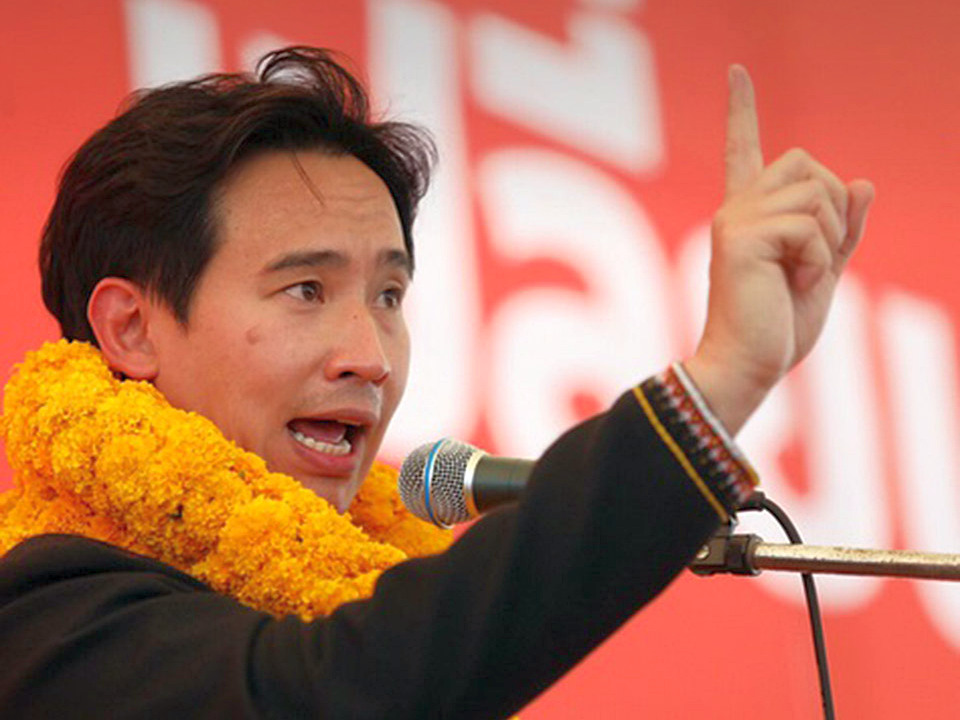
On the face of it, the voting was clear enough. About two thirds of the voting public cast their support for the Shinawatra-backed Pheu Thai Party and the youth-led Move Forward Party who are semi-allies. According to unofficial results, they will together take around 285 seats of the 500 seat House of Representatives, calculated by a mixture of direct constituency elections and a quaint Thai version of proportional representation.
But the Move Forward Party appears to have won slightly more seats than Pheu Thai in a series of surprise constituency results which means that the Shinawatra-backed MPs will become only the second largest grouping, a huge disappointment for them. Some voters may have deserted Pheu Thai after the exiled former prime minister Thaksin Shinawatra announced his intention of now returning to Thailand, thus raising fears of political instability as he faces jail time for corruption on arrival.
Both winning parties are non-military and have stated overnight that they can cooperate together. Both are populist, but Move Forward is far more radical with its policies of reforming the lese majeste treason laws and undermining military control by ending recruitment by conscription. There are bound to be significant arguments about who will be the new prime minister and the division of portfolios in the Cabinet. Pheu Thai has been non-committal on matters relating to the monarchy, but has said the matter can anyway be tabled in Parliament.
The outgoing military-backed parties, led by current prime minister general Prayut Chan-o-cha and deputy prime minister general Prawit Wongsuwan attracted less than 20 percent of the voting public. But, together with their erstwhile allies Bhumjaithai, the Democrats and others, they make up a sizeable minority in the new House of Representatives. Moreover, the unelected 250-member Senate, appointed by the current military-backed administration, can also vote in the election of the prime minister which means that the biggest party in the House is not necessarily able to commandeer the top post in government.
Added to the mix of ambiguity is the fact that Constitution Court is able to disqualify individual MPs or whole parties for election corruption or fraud. There are already dozens of allegations before the Electoral Commission which has the power to pass them on to the Constitution Court. Both Pheu Thai and Move Forward were banned by judicial coups under their earlier names after general elections.
Thai politicians will now enter a period of intense lobbying and speculation. It’s even possible that the largest party Move Forward could be shut out of power as Pheu Thai struggles to form a coalition of smaller parties which might be more acceptable to the block vote in the conservative Senate. There could also be attempts by the current administration to continue military-backed rule and form a minority government, relying on support from the Senate. There can be no doubt that the outstanding success of the anti-royalist and anti-Establishment Move Forward in the election – it has for example taken virtually all the seats in Bangkok – has thrown the cat amongst the pigeons.





